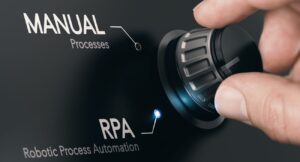
Introduction & Objectives
This whitepaper explores the full suite of integrated digital technologies necessary for successful Digital Transformation using Intelligent Automation. It draws on Avenir Digital’s extensive enterprise experience in implementing these technologies.
To illustrate Intelligent Automation’s role in Digital Transformation, we use a travel metaphor:
- • The Destination → The Digital Enterprise: A more efficient, agile, competitive, and compliant organization with minimal errors.
- • The Journey → Digital Transformation: Streamlining processes, reducing costs, minimizing errors, enhancing existing services, and enabling new offerings.
- • The Vehicle → Intelligent Automation: A harmonized integration of digital technologies to drive transformation.
- • The Engine → Robotic Process Automation (RPA): The power behind automation. However, like any engine, RPA requires an integrated infrastructure (e.g., transmission, dashboard, and fuel system) to function effectively.
Beyond RPA: A Holistic Approach
Through our numerous enterprise implementations, one thing is clear: RPA alone is insufficient to meet the growing demands of businesses in a digital-first world.
- • Customer Expectations → 24/7 digital interactions that are seamless, efficient, and unified across all channels and devices.
- • Employee Experience → Post-COVID, employee satisfaction and retention are business-critical, requiring organizations to automate intelligently while enhancing work experiences.
- • Business Resilience → Agility is essential for survival. Companies must rapidly identify and automate core processes and key customer and employee journeys.
- • End-to-End Automation → True automation must span entire workflows, integrating multiple technologies beyond RPA.
The Role of Complementary Digital Technologies
For RPA to reach its full potential, it must work in tandem with other digital technologies. Let’s explore these key technologies and their role in true Intelligent Automation:
1. Process Mining: The Transmission System
What is Process Mining?
Process Mining (also called task mining or task intelligence) analyzes user interaction data to identify and optimize processes for automation.
Benefits in Intelligent Automation:
- • Detects repetitive processes best suited for RPA.
- • Eliminates inefficiencies by analyzing execution patterns.
- • Generates RPA scripts based on process insights.
- • Integrates AI/ML for holistic process analysis, boosting efficiency and reducing costs.
Analogy: In our travel metaphor, Process Mining is the Transmission System, ensuring RPA’s power is directed efficiently in the right places.
2. Process Discovery: The Controls & Dashboard
What is Process Discovery?
While Process Mining identifies digital transactions, Process Discovery analyzes human interactions, unveiling variations and inefficiencies in manual processes.
Key Advantages:
- • Uses AI-driven virtual agents to track user actions (keystrokes, clicks, etc.).
- • Reveals process variations that impact automation effectiveness.
- • Enhances RPA implementation by providing a complete workflow picture.
Analogy: Process Discovery acts as the Controls or Dashboard, guiding the driver (business leaders) to direct the automation engine efficiently.
3. Intelligent Document Capture (IDC): The Fuel System
What is Intelligent Document Capture?
IDC (or Intelligent Document Processing) uses AI, OCR, and NLP to extract structured data from unstructured and semi-structured documents (emails, PDFs, contracts, etc.).
Why IDC is Critical for Automation?
- • Converts unstructured data into structured, actionable insights.
- • Enables straight-through processing, eliminating manual intervention.
- • Feeds clean, validated data into RPA workflows for greater accuracy.
Analogy: IDC is the Fuel System, supplying RPA with the raw data needed for automation to function smoothly.
4. Intelligent Automation: The Road to Business Innovation
Moving Beyond Basic Automation
While RPA eliminates repetitive manual tasks, true automation success requires a comprehensive, intelligent approach:
- Handling Complexity → Many workflows are dynamic, requiring decisions beyond RPA’s rule-based approach.
- Managing Unstructured Data → Email, contracts, and documents cannot be processed effectively with RPA alone.
- Enhancing Business Logic → Automation must include AI-driven insights to anticipate real-world challenges.
Avenir Digital’s Proven Approach
We advocate a four-step Intelligent Automation framework:

- Process Mining → Identifies critical business processes.
- Process Discovery → Reveals how they are executed.
- Intelligent Data Capture → Enables automation by processing enterprise data.
- RPA → Automates processes efficiently within this optimized framework.
Conclusion: Don't Just Automate—Innovate!
Intelligent Automation goes beyond traditional RPA to drive innovation. It enables:
- Scalability – Automate end-to-end enterprise functions.
- Efficiency – Reduce costs, errors, and manual interventions.
- Flexibility – Adapt to changing market needs and customer expectations.
Case Study: A leading pharmaceutical company leveraged RPA to sell medicines online while ensuring compliance with MHRA, EMA, and FDA regulations—without expensive clerical overhead.
Final Thought: Intelligent Automation is not just about automating tasks—it’s about reimagining processes, unlocking new business models, and driving digital transformation at scale.














